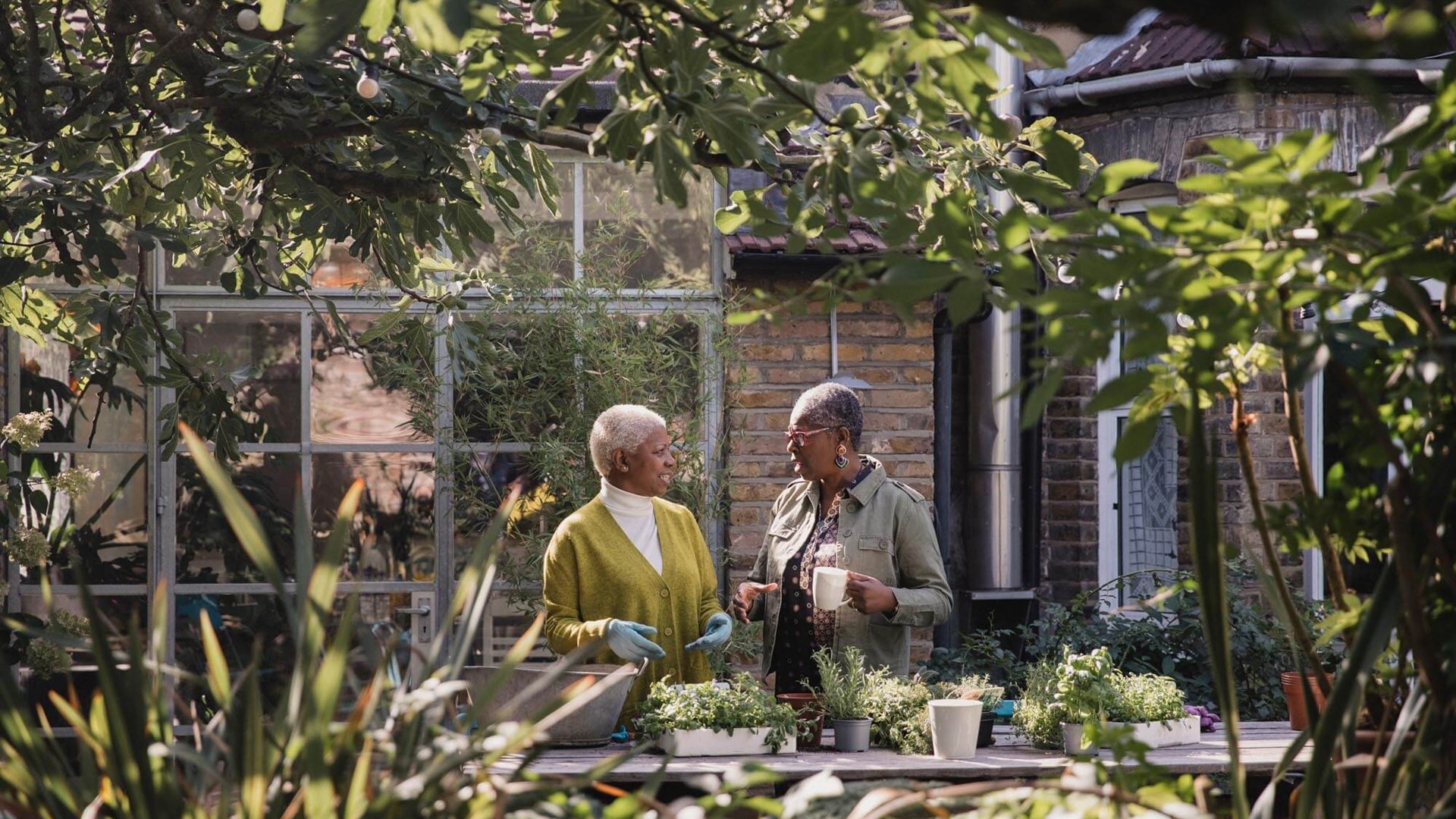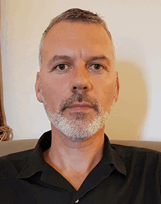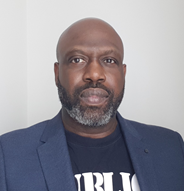
One thing I wish people knew about mental health
The stigmas surrounding mental health mean that the gap between understanding and assumptions still exists. In this blog UKCP psychotherapists reveal what they wish more people knew about mental health and seeking help.
 Written by UKCP psychotherapist Divine Charura
Written by UKCP psychotherapist Divine Charura
Mental health is an important part of each individual’s overall emotional, psychological, and social well-being. According to World Health Organization statistics, from 2019 one in every eight people, or 970 million people around the world, were living with a mental disorder. As a result of the COVID-19 pandemic, it is estimated that the number of people living with anxiety and depressive disorders has significantly risen. There are, however, many reasons, stressors, traumas and life circumstances that can explain why we may experience mental health challenges throughout our lifespan. In as much as we would consider seeing a physician for physical ill-health, or a dentist for our oral health, seeing a psychotherapist offers an important opportunity to address mental health and wellbeing challenges. This should be a basic human right!
Visit Divine's Find a Therapist Profile
Written by UKCP psychotherapist Tamara Sears 
Emotional distress means something is wrong with your environment, not that something is wrong with you. When you share your emotional distress with someone who can listen, and really hear what you are saying with clarity and understanding, then things can and often do change. Just because you’ve encountered many people who can’t listen to you, doesn’t mean that you should remain silent. It just means that the person who you need to really hear you is still out there. If you can’t find them, then a psychotherapist or counsellor can help by taking their place for a while.
Visit Tamara's Find a Therapist Profile
Written by UKCP psychotherapist Stephen Westcott 
The one thing I wish everyone knew about mental health is about mind and body awareness. The more you are aware of the messages from both, in any given moment - how they originated, and that they are actually not separate - the more self-knowledge and choices you have. Ultimately that can mean we get better at living, whatever that might mean for us. For me therapy is about that process of discovery.
Visit Stephen's Find a Therapist Profile
Written by UKCP psychotherapist Dwight Turner 
Many of us experience that horrible sensation where we view ourselves as not worthy, where the voices in our heads say that we shouldn’t be presenting in this meeting, or that we shouldn’t be with that person we are dating or married to, or that we are in no way as good as the position we hold. These kinds of feelings, these experiences, in my view as a psychotherapist, have only increased during and post pandemic. It is important to remember that each of us suffers in some way. That having these thoughts and feelings doesn’t mean we are broken. Sitting with a counsellor or psychotherapist can be the perfect route towards recognising that we deserve that promotion, applause, or to be with that person we are having dinner with. Seeing a psychotherapist or counsellor should therefore be an essential part of all our mental health self-care.
Visit Dwight's Find a Therapist Profile
Written by UKCP psychotherapist Grace Quantock
Many of us often try to blame ourselves for our problems. It can lend us a sense of control. If a painful situation is our fault, then we might feel there's a potential for us to be as 'good' as possible to change things. But there is much that is beyond our individual capacity but still impacts us, like climate crisis, the cost of living, or being subjected to racism, homophobia, or other violence. If we are struggling to eat, stay warm or be safe, our distress is a proportionate response to such inequity and cruelty. We can't only work on individual mental health; a collective response is needed. I hope psychotherapy and counselling can be a part of that.
Visit Grace's Find a Therapist Profile
Written by UKCP psychotherapist Luq Adejumo
It takes a sheer strength of will for some people struggling with their mental health to mask or face what they’re going through, let alone disclose and share it with others around them for fear of being ostracised. Seeing a therapist who listens carefully and warmly without judgement can help someone start to make sense of their world, at a time when it doesn’t always make sense to them.
Visit Luq's Find a Therapist profile
Written by UKCP psychotherapist John-Paul Davies
The one thing I wish everyone knew about mental health is that we’re all wired to struggle emotionally, because we’re programmed to survive rather than to be happy.
What’s equally true though is that if we consistently connect with, and then align, our thoughts, feelings, body, behaviours and relationships, we’ll all fulfil our extraordinary human potential to thrive in this life.
Visit John-Paul's Find a Therapist Profile
Written by UKCP psychotherapist Mark Vahrmeyer
Mental health is a term we all seem to use and yet I am not sure that we all mean the same thing when using it. Mental health is a “catch-all” phrase which encompasses our emotional, psychological and social wellbeing. I would argue that mental health is also connected to our relationship with our body, which is to say that our body and mind are inextricably connected. This does not mean that we all need to eat superfoods or be “gym bunnies” in order to have a good relationship with our body, but it does bring into question how we are having a relationship with our body. The starting point when someone refers to their mental health is therefore to ask “What does that mean?” For example, if someone’s use of the term ‘mental health’ implies a lack of social contact, then how we may think about that is very different to someone who is having psychological difficulties in the shape of depression or anxiety.
If you can get curious about what you are actually experiencing, this can help you to feel empowered in thinking about what you may need to do to improve the situation. Small changes can often make a significant difference to our overall mental health, such as a good night’s sleep, spending time with friends, moving our bodies, or in the case of more complex challenges reaching out to a psychotherapist who can work alongside you to make sense of what is happening for you.
Visit Mark's Find a Therapist Profile
Written by UKCP psychotherapist Yuko Nippoda
Everybody goes through troubled times in their life. Some people think their positive mindset can enable them to deal with all difficulties, but nobody is perfect, and difficulties affect us all in unexpected ways. Facing an emotional disturbance might trigger a sense of vulnerability that can lead to feelings of panic. Traumatic experiences are directly linked to an increase in mental health issues.
Although there are more people talking about mental health now than ever, many people are still ashamed and embarrassed to admit to having a mental health issue. Some people fear that they might be diagnosed by a doctor and lose liberties and opportunities.
Working with a psychotherapist and counsellor is a way of addressing your mental health in the same way as a personal trainer or rehabilitation team of doctors and physiotherapists might focus on your physical health. A psychotherapist and psychotherapeutic counsellor focus on the person, the issues that causes them difficulties and the environment that surrounds them, rather than labelling them. By talking with a psychotherapist or counsellor, people can have a better understanding about themselves and how the environment is affecting them. Through the process, they will know how they can change, empower themselves and become equipped to deal with issues effectively.
Visit Yuko's Find a Therapist Profile
Share
Like most websites, we use cookies. If this is okay with you, please close this message or read more about your options.

